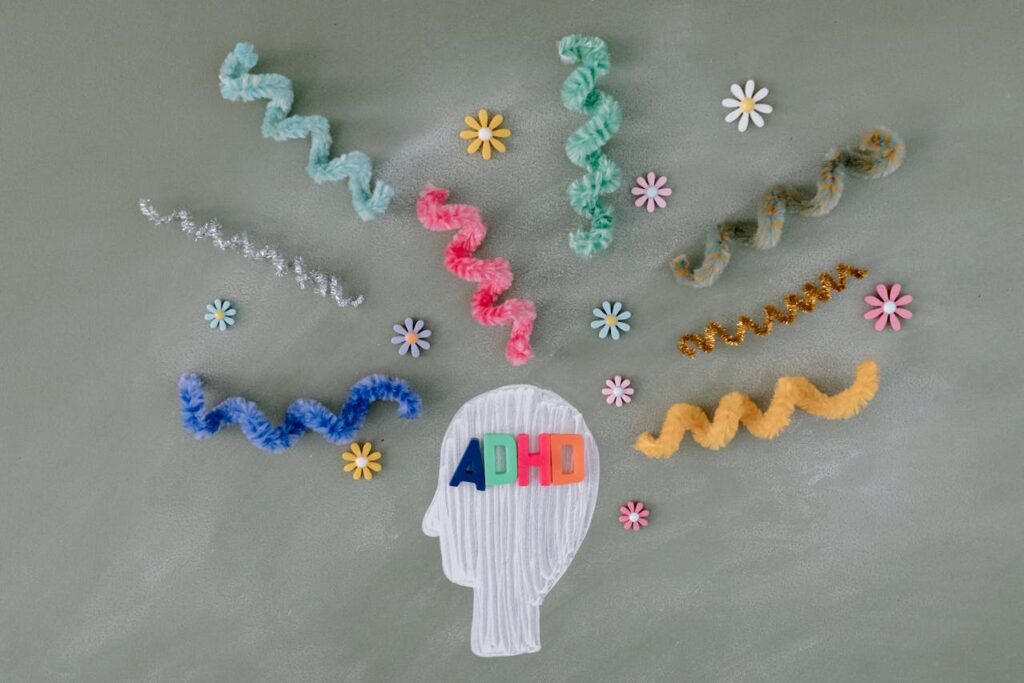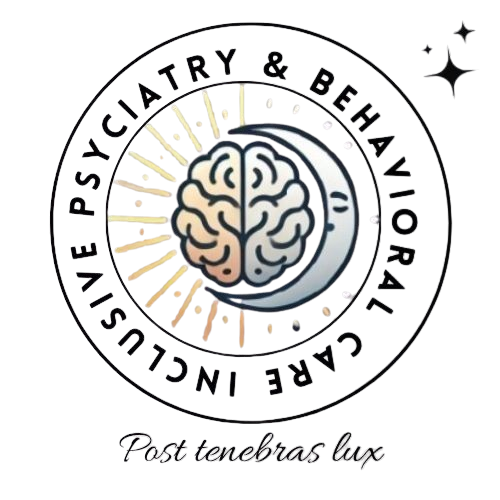Be Smart, Help Yourself Now.

Physiotherapy For
Functional Activities
A medicine and rehabilitation specialty that, by using mechanical force and movements, remediates impairments and promotes mobility, function, and quality of life through examination, diagnosis, and physical intervention.


Compassionate, Comprehensive Mental Health & Addiction Treatment
At Inclusive Psychiatric & Behavioral Care, we are dedicated to helping individuals achieve mental wellness and long-term stability. Our expert team provides personalized, evidence-based treatment to support your unique needs. Whether you are struggling with a psychiatric condition or addiction, we offer compassionate, comprehensive care.
10
Years of experience
99%
Satisfied customers
Explore Our Services

Depression & Anxiety Disorders
Depression & Anxiety Disorders are common mental health conditions that affect mood, thinking, and behavior. Depression involves persistent sadness, loss of interest, and low energy, while anxiety disorders include excessive worry, fear, or panic. Both can impact daily life but are treatable with therapy, medication, and support.
PTSD & Trauma-Related Disorders
PTSD & Trauma-Related Disorders are mental health conditions triggered by experiencing or witnessing a traumatic event. Post-Traumatic Stress Disorder (PTSD) may involve flashbacks, nightmares, severe anxiety, and emotional distress. Trauma-related disorders can affect thoughts, feelings, and behavior, but with proper therapy and support, recovery is possible.


Bipolar Disorder & Mood Disorders
Bipolar Disorder & Mood Disorders involve significant changes in mood, energy, and activity levels. Bipolar disorder is marked by episodes of mania (high energy, euphoria) and depression (low mood, fatigue). Other mood disorders, like major depression or cyclothymia, also impact emotional stability. These conditions are manageable with proper treatment, including therapy and medication.
Schizophrenia & Psychotic Disorders
Schizophrenia & Psychotic Disorders are severe mental health conditions that affect thinking, perception, and behavior. Schizophrenia often involves hallucinations, delusions, disorganized thinking, and emotional blunting. Other psychotic disorders share similar symptoms. These conditions can be challenging but are treatable with medication, therapy, and ongoing support.


ADHD & Attention Disorders
ADHD & Attention Disorders are conditions that affect focus, impulse control, and activity levels. Attention-Deficit/Hyperactivity Disorder (ADHD) is characterized by inattention, hyperactivity, and impulsiveness that interfere with daily functioning. These disorders often begin in childhood but can continue into adulthood. With the right support, including behavioral strategies and sometimes medication, symptoms can be managed effectively.
Tobacco & Nicotine Addiction
Tobacco & Nicotine Addiction is a dependence on nicotine, a highly addictive substance found in tobacco products. It can lead to cravings, withdrawal symptoms, and long-term health issues like heart disease and cancer. Quitting is challenging, but support, counseling, and cessation aids can significantly improve success rates.


Autism Spectrum Disorder (Adults)
Autism Spectrum Disorder (ASD) in adults refers to a developmental condition that affects social interaction, communication, and behavior. Adults with ASD may struggle with social cues, have intense focus on specific interests, and experience sensory sensitivities. While challenges exist, many individuals with ASD have unique strengths and abilities. Support and understanding can help them lead fulfilling, independent lives.
Alcohol Use Disorder
Alcohol Use Disorder (AUD) is a medical condition characterized by an inability to control alcohol consumption despite negative consequences. It can lead to physical and mental health issues, including liver damage, depression, and relationship problems. Individuals with AUD often experience cravings, tolerance, and withdrawal symptoms. Treatment options, such as therapy and support groups, can help manage and overcome the disorder.


Opioid Dependence (Including Medication-Assisted Treatment – MAT)
Opioid dependence occurs when a person becomes reliant on opioids, experiencing cravings and withdrawal symptoms when not using the drug. It can lead to increased tolerance, where more of the drug is needed to achieve the same effect. This condition negatively impacts daily life and health. Treatment usually includes medication, therapy, and support to help manage dependence.
Stimulant Use Disorder (Cocaine, Methamphetamines, etc.)
Stimulant Use Disorder refers to the addiction and dependence on stimulants like cocaine, methamphetamines, or other similar substances. It is characterized by intense cravings, compulsive use, and the inability to control consumption despite harmful consequences. This disorder can lead to physical, mental, and social issues, including heart problems, anxiety, and strained relationships. Treatment often involves therapy, support groups, and sometimes medication to help manage addiction and recovery.

